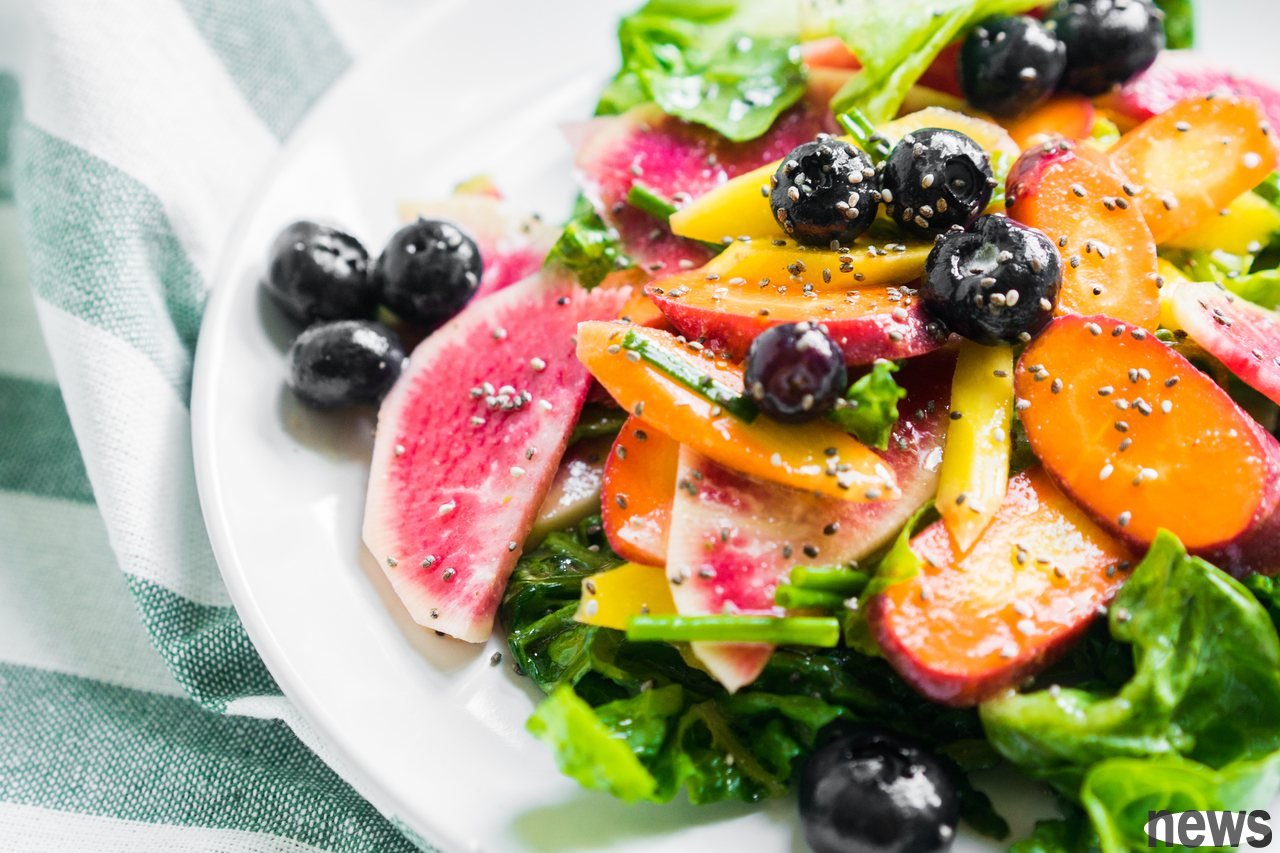I published a new book "Vegetarian Sportsman" the day before yesterday (2022-11-1): Another extreme dietary commentary, pointing out that there is a new book about to be published soon, and its name is "Vegetarian Sportsman: Top-notch...

I published a new book "Vegetarian Sportsman" the day before yesterday (2022-11-1): Another extreme dietary commentary, pointing out that there is a new book about to be published soon, and its name is "Vegetarian Sportsman: Top-notch candidates, medical experts, creating a healthier body through plant-based diets", and it is translated from the 2021-6-15 edition of The plant-Based Athlete: A Game-Changing Approach to Peak Performance.
The Game-Changing in the English title is a marketing term that Americans like to use, meaning "change the war", and the whole title means "to adopt vegetarian food, which can change the war situation and reach a peak" (Note: President Trump once said that Quining is the war situation changer of the new crown epidemic. Please see Quining's magic medicine, the war situation changer). However, it is probably because "Change the War" is not suitable for Chinese, so the Chinese book name will be changed to "Top Selector, Medical Expert Certificate".
I have pointed out in the previous article that the so-called "top picking certificate" is unreliable. As for the "Medical Expert Certificate", the introduction of this book says "the only tool book that lays the foundation for scientific research, combining plant-based diets and top-sharp sports performance", and lists two experts, – Dr. Cyrus Khambatta and Dr. Will Bulsiewicz. However, although these two people have published some medical papers, they have never published any essays related to vegetarianism or sports. In fact, there are very few research papers on the impact of vegetarianism on sports performance. I spent two days searching and only found the following three articles:
2019-5-20: Exercise capacity of vegan, lacto-ovo-vegetarian and omnivorous recreational runners. Conclusion: "Each diet has neither advantages nor disadvantages in terms of exercise ability."
2021-10-7: Training and Racing Behaviors of Omnivorous, Vegetarian, and Vegan Endurance Runners-Results from the NURMI Study (Step 1) (Training and Racing Behaviors of Omnivorous, Vegetarian, and Vegan Endurance Runners-Results from the NURMI Study (Step 1)). Conclusion: "Compared with pure vegetarians and vegetarians, foster runners prepare for running projects longer, completing semi-marathons and marathons more, and completing shorter times."
2022-2-20: Effect of a Four-Week Vegan Diet on Performance, Training Efficiency and Blood Biochemical Indices in CrossFit-Trained Participants (Accept CrossFit for four weeks of pure vegetarian diets the effects of training participants’ performance, training efficiency and blood biochemical indicators). Conclusion: "This short-term study shows that pure vegan diet has a positive impact on hard strength and endurance, but is unlikely to be more beneficial to improve performance than complex diets."
I have seen several related remarks during the search, such as:
2021: Intake and adequate of the vegan diet. A systematic review of the evidence.
Background: This study aims to investigate the adequacy of pure vegetarian diet and its macro and trace nutrient intake in European populations compared with the suggestions of the world's hygiene organizations.
Methods: System searches were conducted in PubMed, Web of Science, IBSS, Cochrane Library, and Google Scholar, and 48 studies (12 teams and 36 cross-sectional studies).
Results: Regarding constant nutrients, pure vegetarian diets have lower protein intake compared to all other dietary types. Vegetarianism is also related to the low intake of vitamin B2, tobacco acid (B3), B12, D, iodine, oxidine, calcium, decium, and selenium. Vegetarians had significantly lower vitamin B12 intake (0.24-0.49 μg, recommended 2.4 μg), and most vegetarians had lower calcines than recommended (750 mg/day). No significant difference in fat intake was observed. A pure vegetarian diet has nothing to do with vitamin A, B1, B6, C, E, iron, phosphorus, ozone, copper and leaf acid deficiency, and has low blood sugar load.
Conclusion: A pure vegetarian diet may lead to a lack of trace nutrients (vitamin B12, oxidation, calcines and selenium), which cannot be ignored. People who eat pure vegetarian diets should be aware of the potential risks of insufficient diet.
2022: Perspective: Vegan Diets for Older Adults? A Perspective On the Potential Impact of Muscle Mass and Strength. Some abstracts: "We propose that pure vegetarian diets can increase the risk of insufficient protein intake in the elderly, and current strategies to improve the synthesis of plant-based foods are not feasible for many elderly people."
Original text: Can vegetarian diet improve sports performance? Medical Certification?